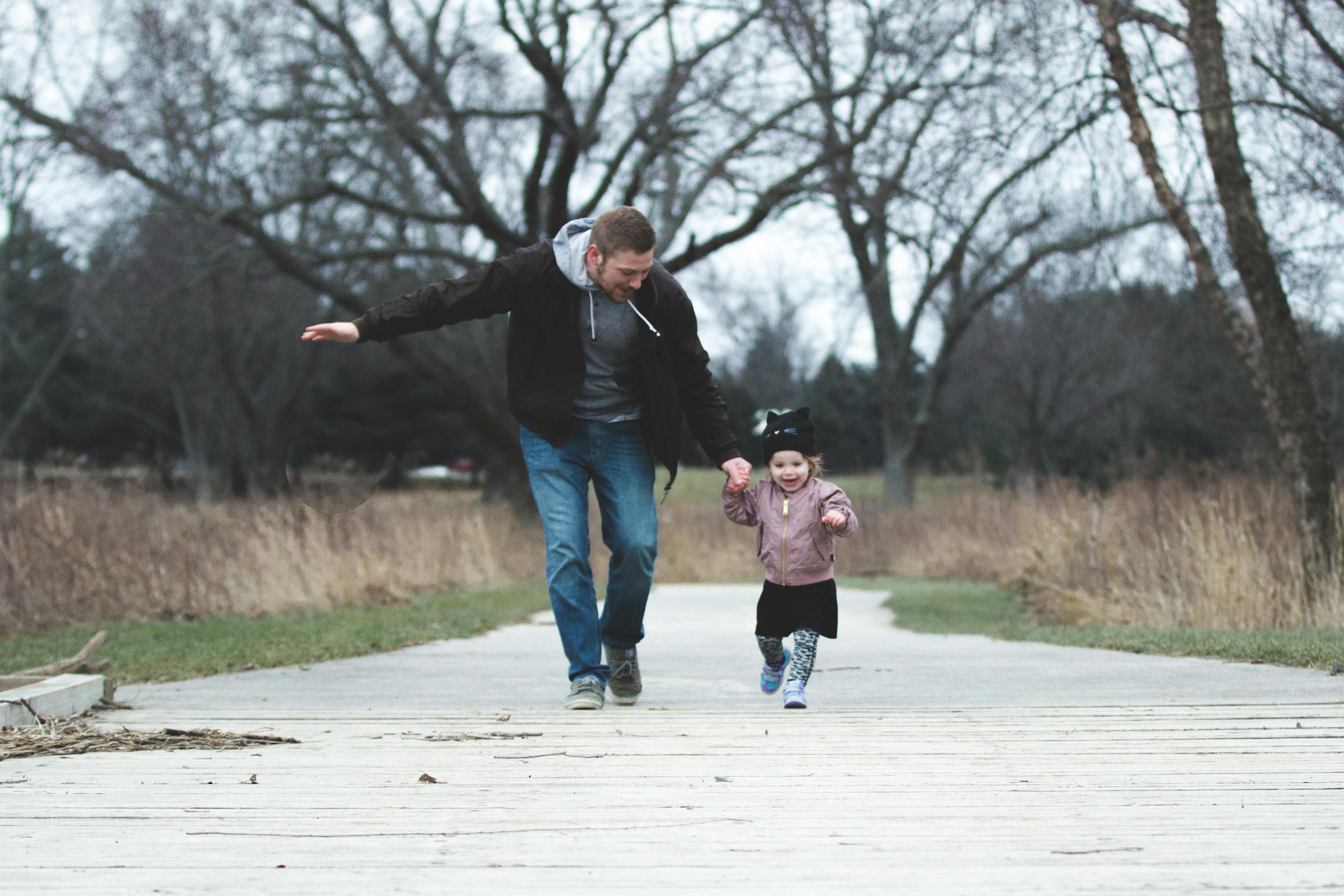
It’s often said that children are like sponges. They absorb everything around them—what they see, what they hear, and most importantly, what they experience. As parents, it’s easy to fall into the habit of telling our kids what to do. “Eat your vegetables,” “Go outside and play,” “Be polite to others.” These are all things we say because we want the best for them. But the truth is, words alone won’t teach children how to live. Actions will.
Imagine sitting on the couch, scrolling through your phone, while telling your kids to go outside and exercise. They might listen, but what they’re really learning is that words don’t always match actions. On the other hand, if they see you putting on your sneakers, heading out for a jog, or taking time to be active, they will start to see exercise as a normal part of life. You don’t need to force it; they will follow your lead.
The same goes for eating habits. Children watch everything you do, even when you think they’re not paying attention. If your meals are full of fresh vegetables, whole foods, and water instead of soda, they will grow up believing that’s the way to eat. It won’t feel like a rule because it’s simply what they know. But if you reach for fast food every other day while encouraging them to “eat healthy,” the message gets muddled. Kids notice the disconnect between words and actions far more than we think.
Behavior is no different. As parents, we want our kids to be kind, respectful, and honest. But do we show those qualities ourselves? When they see us handling stress calmly, speaking kindly to others, or apologizing when we make mistakes, they learn that these are valuable traits. Kids may not always listen to what you say, but they will mirror how you behave.
It’s easy to forget how much power parents hold in shaping their children’s lives. We get busy, tired, and sometimes we’re just trying to get through the day. But showing them how to live doesn’t require grand gestures. It’s in the little things: sitting down to eat together, taking a walk after dinner, saying “thank you” to the cashier at the store, or reading a book instead of watching TV every now and then.
Children don’t need perfection—they need consistency. They need role models who show them what a healthy, balanced, and respectful life looks like. So, instead of just telling them how to live, let’s make an effort to live the way we hope they will.
In the end, they may not always remember what you said, but they’ll never forget what you showed them.
Hello.
There is reasonable evidence that this article is machine-generated.
We would appreciate it if you could avoid publishing AI-generated content (full or partial texts, art, etc.).
Thank you.
Guide: AI-Generated Content = Not Original Content
Hive Guide: Hive 101
If you believe this comment is in error, please contact us in #appeals in Discord.